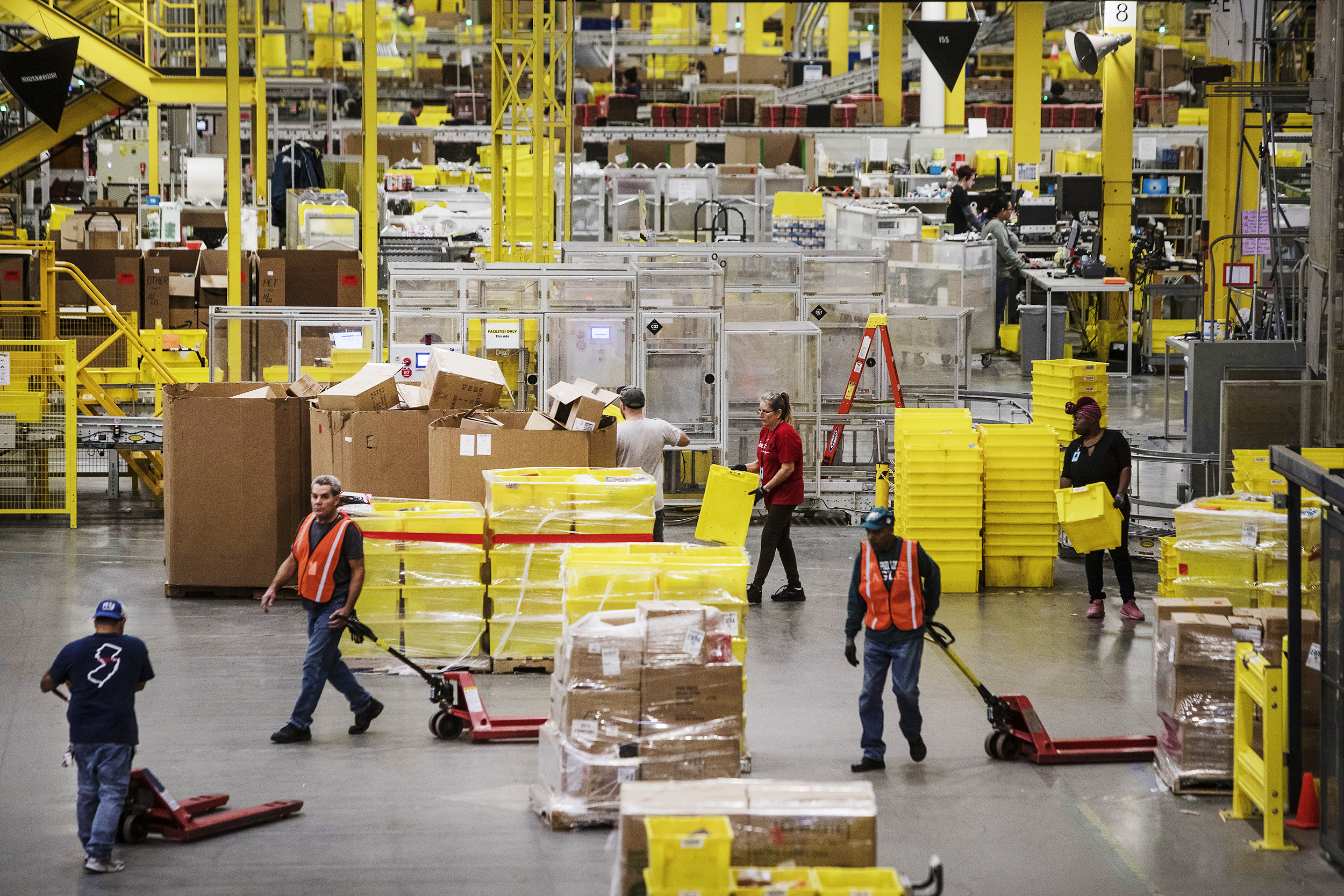On July 20, 2021, World’s Richest Man and Amazon founder Jeff Bezos launched himself into space for an 11-minute self-funded joy ride. Americans, and humans in general, tend to be awestruck and filled with joyous wonder about space travel and its promise of discovery, but this self-involved space sojourn has received a lot of pushback. Perhaps because Bezos’s fortune has increased by $86 billion in the first 15 months of the pandemic alone. Perhaps because climate change is accelerating ever rapidly, with deadly wildfires, floods, and heat waves in the news and in our lives. Perhaps because the Covid-19 pandemic has laid bare increasing income inequality and how it relates to physical health, mental health, and life expectancy. There is a saying that “we are in the same storm, but different boats.” But when one of those boats is a phallus-shaped spaceship, it gives pause to even the most ardent capitalist.
As the billionaires of the world have been raking in wealth during the Covid-19 pandemic, the average person’s workplace and livelihood have become more precarious. The structure of jobs is becoming less permanent and secure over time, and this shift has accelerated during the pandemic. The unemployment rate in the United States spiked to 14.8% in April 2020, and in May 2021 remained higher than it was pre-Covid-19 at 5.8%. Because of this spike in unemployment, mainly caused by the shuttering of brick-and-mortar stores and restaurants during the pandemic, the gig economy’s reach has expanded since 2020. The gig economy is hard to precisely define – it can include contract workers, temporary workers, and freelance workers, among others. Despite these definitional challenges, some estimates show that 35% of the workforce are members of the gig economy, up from 14 to 20% in 2014. Amazon alone hired 175,000 temporary workers in the first three months of the pandemic, which account for almost 20% of its workforce.
The book and subsequent movie “Nomadland” follow a group of people at an extreme end of this precarity spectrum – people who felt like they had “spent too long losing a rigged game” of rising rents and stagnant wages, some of whom lost much of their retirement savings in the Great Recession of 2008–2009. In order to survive this new reality, they travel from temp job to temp job, living in vans and campers. One of the contract jobs highlighted in this book is CamperForce – Amazon’s “labor unit made up of nomads who work as seasonal employees at several of its warehouses … the workers’ shifts last ten hours or longer, during which some walk more than fifteen miles on concrete floors, stooping, squatting, reaching, and climbing stairs as they scan, sort, and box merchandise. When the holiday rush ends, Amazon no longer needs CamperForce and terminates the program’s workers.“
Temporary and other precarious work is correlated with negative health outcomes. According to Occupational Safety and Health Data, in 2020, Amazon warehouses reported 5.9 serious worker injuries for every 200,000 hours of work, almost double the rate of non-Amazon warehouses. In 2020, the life expectancy of Americans fell by 1.5 years, from 78.8 to 77.3, due to Covid deaths, drug-related deaths, and other factors, with declines largest in the Black and Latino communities. Precarious employment may also be a contributing factor and confounding variable in this decline. In a review article in the Annual Review of Public Health, the authors propose that precarious employment is a social determinant of health, stating:
Workers under situations of precarious employment may face greater demands or have lower control over the work process, two factors that have been associated with higher levels of stress, higher levels of dissatisfaction, and more adverse health outcomes as compared with workers in more secure work environments.
What can be done to minimize the negative health effects of precarious employment? State and national policymakers can help strengthen the social safety net in ways that can help the precariat. The Affordable Care Act was signed in to law in 2010, but by 2012, the mandatory Medicaid expansion was deemed unconstitutional. Currently, 39 states including the District of Columbia have expanded Medicaid eligibility to those with incomes up to 138% of the poverty line, but 12 states (including the high population states Texas and Florida) are still at the original eligibility cutoff of the poverty line itself. Expanding this list of states through state legislatures or ballot measures will increase the number of those with health insurance, which leads to better physical health and mental health outcomes.
Proposition 22 in California, “App-based Drivers as Contractors and Labor Policies Initiative,” passed in 2020 with 59% of the vote, a major win for gig economy companies like Uber and Lyft. However, the initiative includes a handful of health and injury concessions, including health care subsidies for contractors who work at least 15 hours a week and occupational accident insurance for work-based injuries. These concessions are not as generous as benefits for employees, but it provides some sort of protection for gig economy workers. But much more can be, and needs to be, done to close the gap between employees and gig economy workers.
When Jeff Bezos returned to Earth, he said, “I want to thank every Amazon employee, and every Amazon customer because you guys paid for all this.” This unintentional truth telling reveals yet another fact about the prevalence of the gig economy. People are paying for all this with their physical health, their mental health, and their lives.
Photograph by Victor J. Blue/Bloomberg via Getty Images

